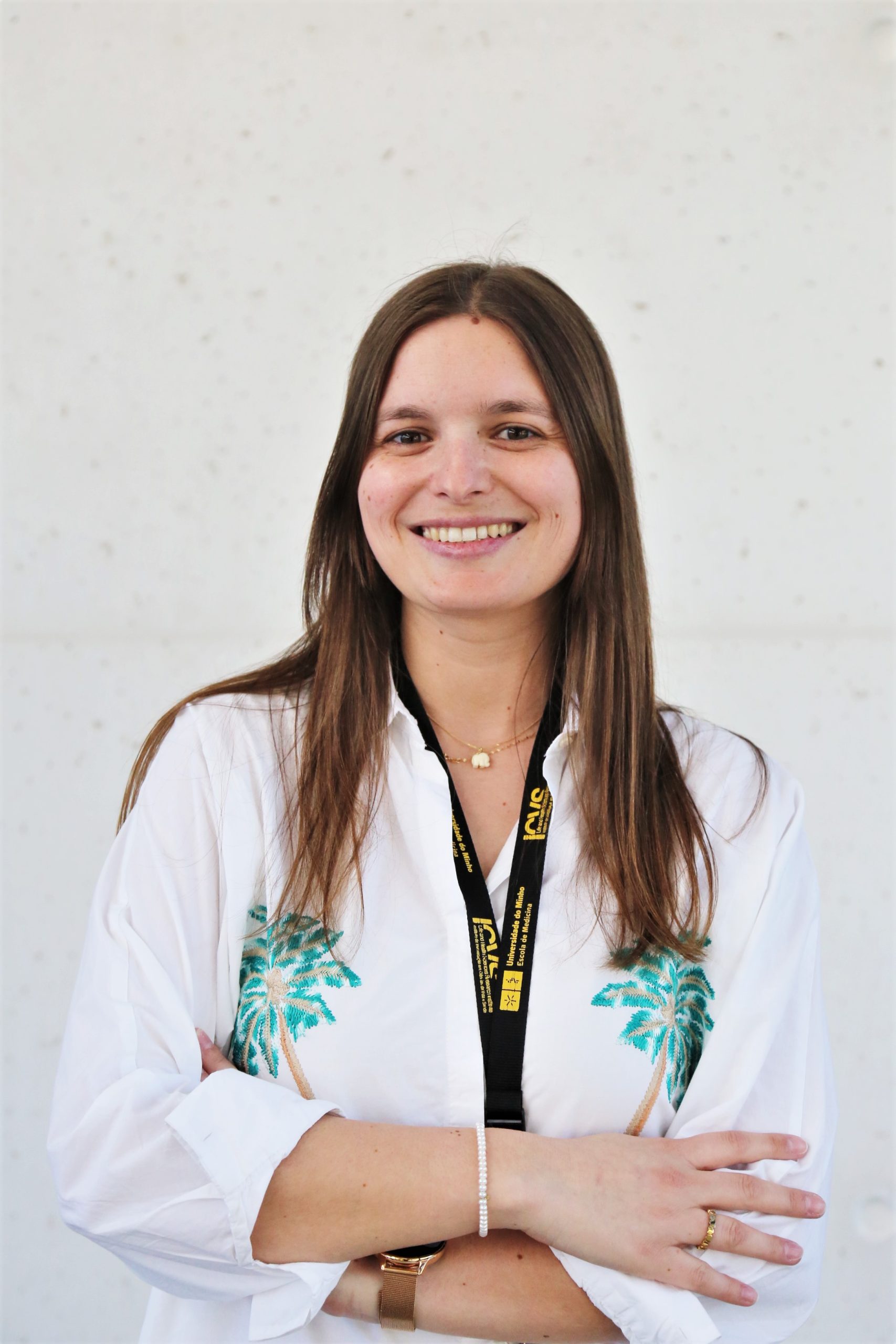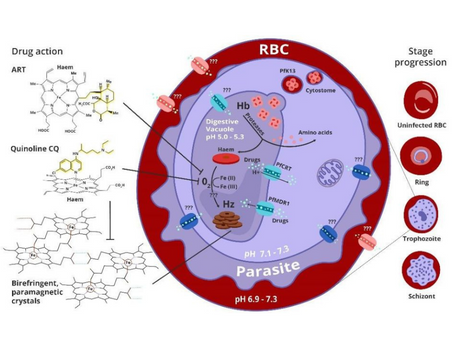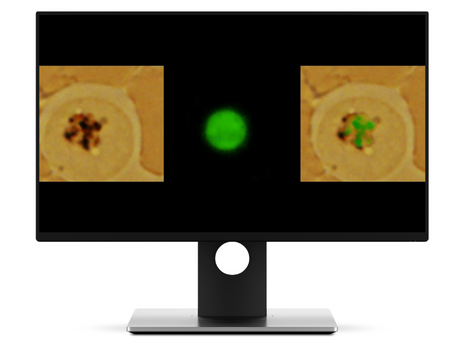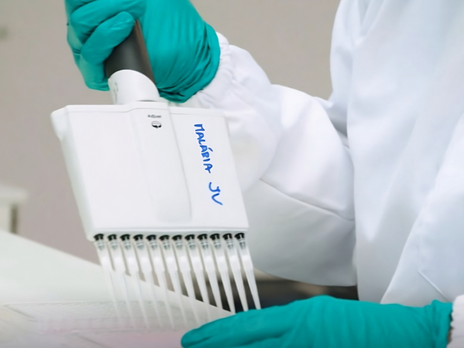LIHEME: Unraveling Lipid-dependent Mechanisms in Heme Detoxification
This project aims to unravel the molecular mechanisms behind hemozoin formation in Plasmodium falciparum, a vital process for parasite survival and a key target of antimalarial drugs.

















